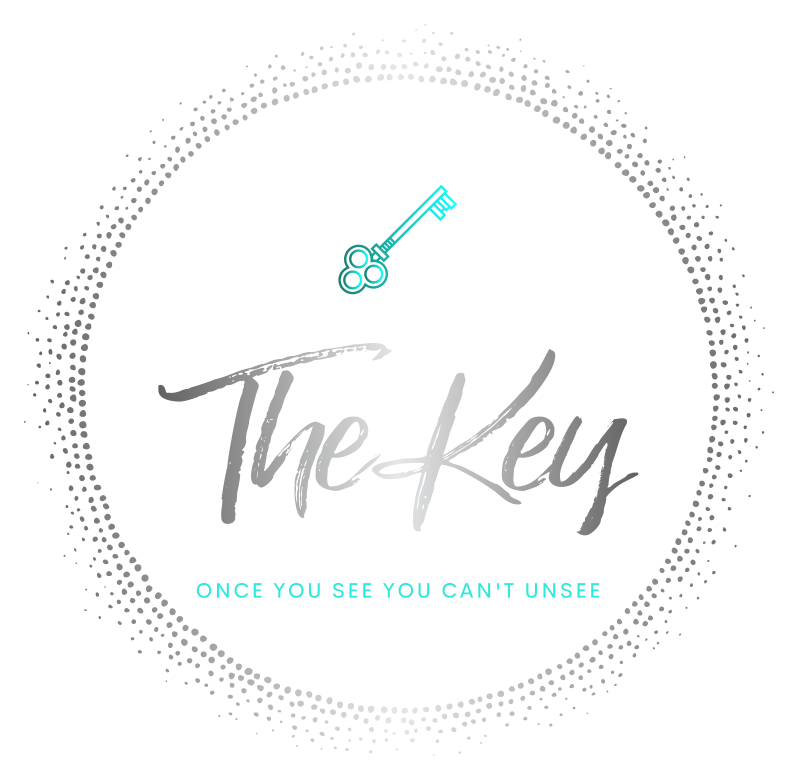The First step:
Look at identifying behaviors
you resonate with
There are different types of narcissists you may encounter or become involved with. Some have lower cognitive function and no facade — they are bold, brash, and belligerent, making them easier to identify. However, other narcissists possess higher cognitive function and maintain a well-crafted facade. They often present as kind, helpful, and loving in public, making it harder for others to believe the negative behavior you experience behind closed doors. This is why when you confide in others about how you're being treated, your concerns may fall on deaf ears. Recognizing this type of narcissist can be particularly challenging in the early stages of dating unless you are educated properly about Narcissistic Personality Disorder (NPD).
People with empathy may have bad days, say things they regret due to stress, and then sincerely apologize and change their behavior. Ask yourself: Would you treat others the way you have been treated by the person you are seeking healing from? This can be a helpful gauge.
Narcissists, on the other hand, do not self-reflect because they lack genuine empathy. If you pay close attention, their behaviors consistently reflect this fundamental absence.
Some Common Narcissist Behaviors
-Intimate relationships-
- Arguments that go nowhere. Switching it to your fault in some way.
- Use of the phrase "you always" "your crazy" "too sensitive"
- Your past is used against you
- Secretive computer and phone use
- Silent treatments
- Snooping through your phone and email
- Often late for things important to you
- Can't take criticism and lash out
- Gaslighting you so you question your reality
- Outbursts that are overboard for the situation
- False promises
- Relationship vacillates, its good then it's not, Up and Down
- Social situations - public face/private face.
- Spoils holidays and birthdays
- You are accused of false actions or behaviors
- Contradictions, hypocrisy, and lies
- Infidelity/ affairs
- Blames you as the reason for their bad behavior
- Your compared to the ex or others in a bad light
- Use of guilt
- Takes credit for your ideas
- Abuse of alcohol/drugs
- Forgets anniversaries
- Provides no support emotional or financial or both
- Smearing you to friends/family. Your the abuser.
- Reckless job behavior / Reckless financial behavior
- Controlling with money
- Denying access to food
- Controlling your appearance
- Controlling your social life by using guilt, criticizing friends or annoyed with you leaving
- Items go missing with no explanation
- Sex used as a weapon for example amazing and often in the beginning and with holding when it suits them later in the relationship as punishment.
- Name calling: insults, not using your name, horrible nicknames
- Physical / Sexual / Emotional / Financial Abuse
- Porn
- Flirtation with someone else in front of you
- With step children or their own children they can be insulting, unsupportive, critical, physically abusive, not involved/ indifferent
- Socially have to be the center of attention
What you experience...
- Feeling monitored and explaining yourself.
- Feeling obligated to spend time with them sacrificing your time with friends/family
- Underlining mistrust of what they tell you to be true
- Does not feel like an equal partnership
- Nervous, walking on eggshells
- Dread going home
- Wondering what happened to the loving person you originally met
- Trying harder to make them happy
- Your Self Esteem has reduced or is disappearing
- You are exhausted from the drama
- Second guessing your reality more often then not.
- Fearful of your financial situation
- Your indecisiveness has become worse
- Feeling obligated to cover for them in some way
- Fearful of your relationship statis and become Jealous and envious of people their involved with because of the way they treat you and shower others with praise.
- Scared of harm
- Confusion of why they left to be with someone else
- Desperate to talk to someone about their behavior
- Feeling isolated because no one seems to be supportive of you. They treat you like your crazy.
- Severely hurt from constant criticisms toward you and or your children
- Confusion over there reactions don't fit the situation
- Loose sleep over ruminating over interactions
- You no longer have any boundaries or question anything because of fear of negative reactions
- Feeling helpless to defend and protect your children
- Feeling very resentful, angry, and generally negative
- Attempt to mirror their behavior in hopes they see if they like their own medicine only for it to backfire.
Intimate relationships can be deeply emotional and financially entwined, making it challenging to view them through a lens of logic. If the behaviors described above resonate with you and you're seeking clarity and healing, I can provide insight and guidance based on my experience with narcissist behavior. Below is Familial signs of Narcissism.....
Toxic Familial Behaviors
Critical, devaluing, physical
Cruel with words. Belittling, Indifferent, consistently raising the performance bar that's never good enough. Also can be excessive with the use of intimidation, hitting, or shoving especially in childhood
Alcohol and Drugs
Use alcohol or drugs regularly not concerned on how it effects others. Causing uneasiness with family members to the outcome.
Interfering
Cause issues in your personal relationships by way of drama. Having to change plans to keep them happy.
Not keeping personal information to themselves.
Use of guilt trips
Use your good nature against you through guilt so you bend to their wants and needs instead of your priorities. Instigate an argument through provoking and turn into the victim.
Gifting
Use gifts as a way to butter over bad behavior. Gifts given with no special reason like Birthday, Christmas, or Anniversary
Embarrassing to be around socially or publicly
Usually does something to cause all attention on them good or bad. Causing you to dread attending family functions.
These behaviors you have been experiencing long term. The saying, "you can choose your friends, not your family" definitely applies here. This is the foundation whether you realize it or not has increased the likely hood of you attracting Narcissist partners in adulthood . Learn why book a consultation.
Toxic people in business or co-worker
Some of these behaviors described below you may not of thought of it as Toxic. It surely is.
The Leader:
- Hyper focused on achievement
- Use of intimidation
- Make high risk business decisions
- You fear questioning them
- Stealing or unethical use of money and time.
- Makes false promises
- Vague with answers
- An attitude of superiority
- Makes demands that imposes on others personal lives for their benefit and achievement
- Very difficult to work with based on expectations of achievement from subordinates
Manager or Boss Signs:
- Displays charm that is not consistent
- Will openly complain and criticize other employees behind their back to other subordinance especially who challenge their control.
- Not open to hearing ideas of others.
- Employees have a low moral overall
- Will denigrate and individual in front of others
- People walk on eggshells when they are around
- Negative and Judgmental
- Say or do inappropriate things.
- Difficult to work with
- Take credit for other's work
Underhanded co-worker signs:
- Level of charm
- Self centered
- High regard for themselves and accomplishments
- Always want to be in the know of what your doing within the work environment
- If you share your ideas with them, given the chance they will present them as their own to other employees to boost themselves
- Working with them has a level of difficulty if it does not accord to what they want.
- Will retaliate in an underhanded way if challenged.
- Will attend events or meetings they were not
invited too.
Significant relationships can greatly impact your emotional health, either positively or negatively. This is why it’s crucial to pay attention to consistent negative behaviors instead of excusing them by saying, "Oh, that's just how they are."
Everyone encounters a narcissist at some point, but it often goes unnoticed due to manipulative tactics, lack of knowledge, societal tolerance, and the tendency to excuse bad behavior.
The mindset, perspective, and actions of someone with Narcissistic Personality Disorder differ significantly from those of a typical person. By understanding the four primary aims of a narcissist, as well as the various schools and cadres they belong to, you can better identify narcissistic behaviors early on.
I would love the opportunity to bring significant insight
about Narcissistic Personality Disorder and how this helps you heal through trauma you have experienced.
Click Below





